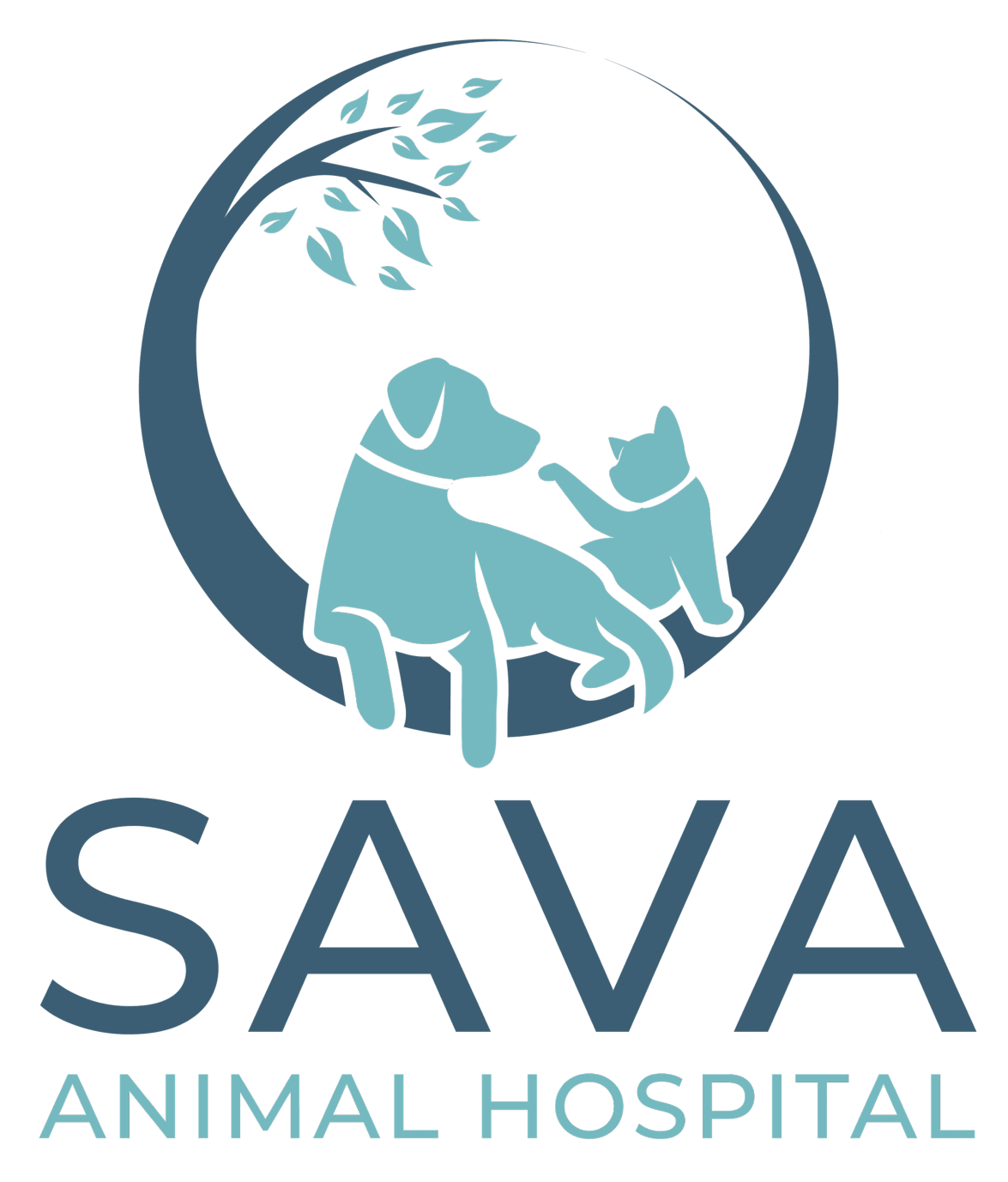Helping Your Pet Feel Comfortable During Their Visit
At SAVA Animal Hospital, we know that vet visits can sometimes be stressful for pets—and for you. That’s why we offer Comfort Packs to help make the experience as calm and positive as possible. Your pet’s emotional well-being is just as important to us as their physical health.
How Comfort Packs Help
The medications in our Comfort Packs are safe, effective, and designed to reduce anxiety and stress:
- For cats: Gabapentin provides gentle sedation, eases anxiety, and offers pain relief.
- For dogs: A combination of gabapentin and trazodone helps promote relaxation and reduce fear. Cerenia decreases nausea and helps your pet feel more comfortable.
A relaxed pet allows us to use lower doses of anesthesia during surgery, making the procedure even safer.
Medication Instructions
To ensure the best experience for your pet, please follow these guidelines:
- Night before surgery: Give one dose at bedtime to help them rest comfortably. For dogs, give the Cerenia at bedtime also.
- Morning of surgery: Give the second dose about 2 hours before drop-off.
It’s normal for your pet to seem sleepier at home after taking the medication. However, the excitement of the car ride and arrival at the hospital usually balances this out.
If you have any questions about Comfort Packs or your pet’s upcoming visit, feel free to reach out. We’re here to make every experience as stress-free as possible for both you and your pet.
Contact us today to learn more!
Rabies Vaccination Policy
For the safety of our staff, clients, and patients, all dogs and cats must be up to date on their Rabies vaccination unless one of our veterinarians determines that vaccination would be medically unsafe.
-
If your pet is not current on their Rabies vaccine, we will administer one at their appointment.
-
If your pet is too ill to receive the vaccine, only the doctor and a Rabies-vaccinated technician will be able to handle them during their visit. Once your pet has recovered, they will need to be vaccinated to continue receiving care at our practice.
-
If you are morally or philosophically opposed to the Rabies vaccine, we regret that we will be unable to provide further services, as we must prioritize the safety of our team and community.
We appreciate your understanding and cooperation in keeping everyone safe!
What are the Hospital hours?
Our hospital is open Monday from 8:00 am until 7:00 pm, Tuesdays and Wednesdays from 8:00 am to 6:00 pm, Thursdays and Fridays from 8:00 am to 4:00 pm, and on Saturdays we are open from 8:00 am until noon. The clinic is closed on Sunday.
Do I need to have an appointment?
Yes, patients are seen by appointment.
What forms of payment do you accept?
Cash, Check, Mastercard, Visa, Scratch Pay, CareCredit, & Trupanion Direct Pay.
Can I make payments?
Payment is required at the time of service. In Hospital treatments require 50% deposit down for surgery check ins and or ultrasound appointments.
At what age can I have my pet spayed or neutered?
Spaying or neutering can be done at approximately 6 months of age. Your pet is given an exam prior to surgery to help determine whether your pet is healthy enough to undergo the surgical procedure. Current vaccinations are required at the time of surgery. Also a pre-anesthetic blood screen is required prior to undergoing anesthesia and surgery.
What is the pre-anesthetic blood screening?
This is a blood test that we send out prior to surgery. It tests the organ functions, blood counts and clotting function of your pet. The pre-anesthetic blood screening is done to assure safety during surgery and the ability to heal following surgery.
How long do the sutures stay in after my pet's surgery?
Procedures involving sutures require them to be removed in 14 days following the surgery.
Is it a good idea to let my pet have at least one litter?
No, there is no advantage to letting your pet have one litter. However there are plenty of advantages to having you pet spayed or neutered. These advantages include decreasing the chances of breast tumors later in life, decreasing the chance of cystic ovaries and uterine infections later in life, decreasing the desire to roam the neighborhood, decreasing the incidence of prostate cancer later in life, helping prevent spraying and marking, and also decreases the surplus of unwanted puppies and kittens.
